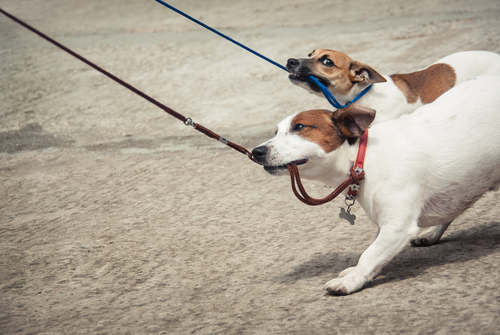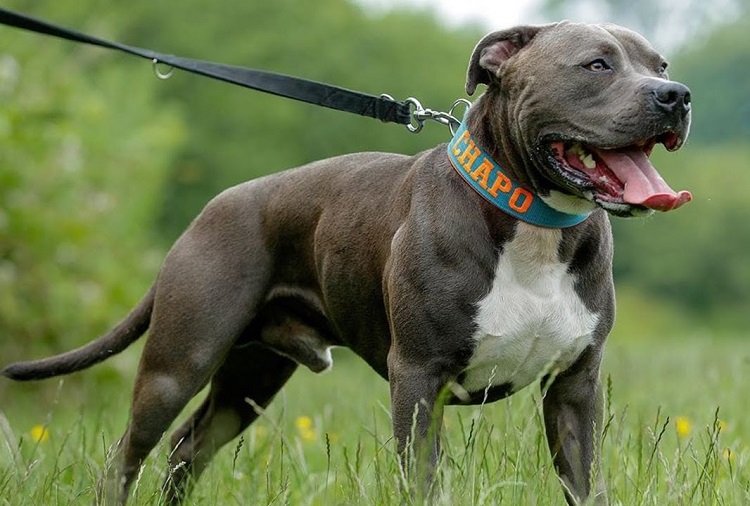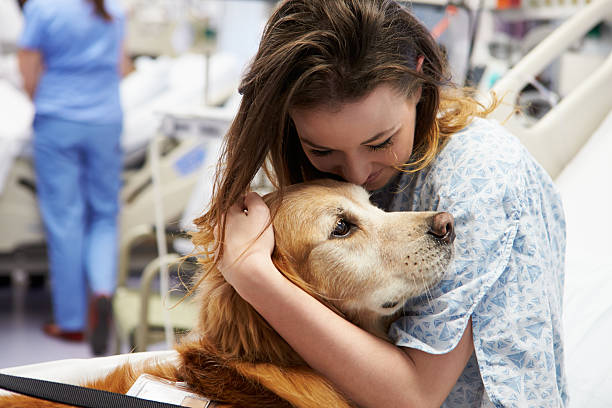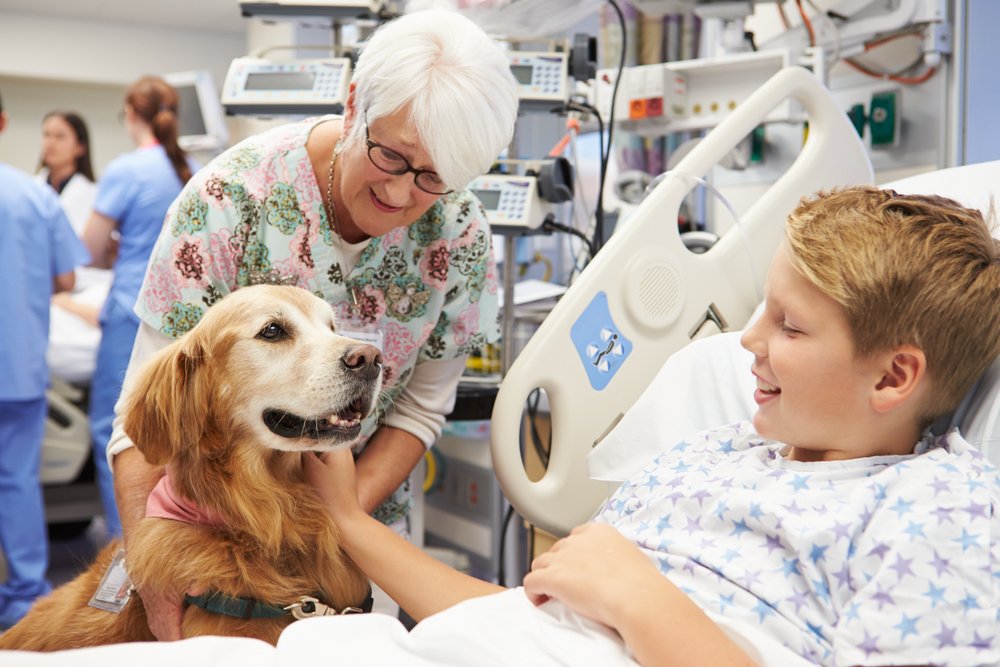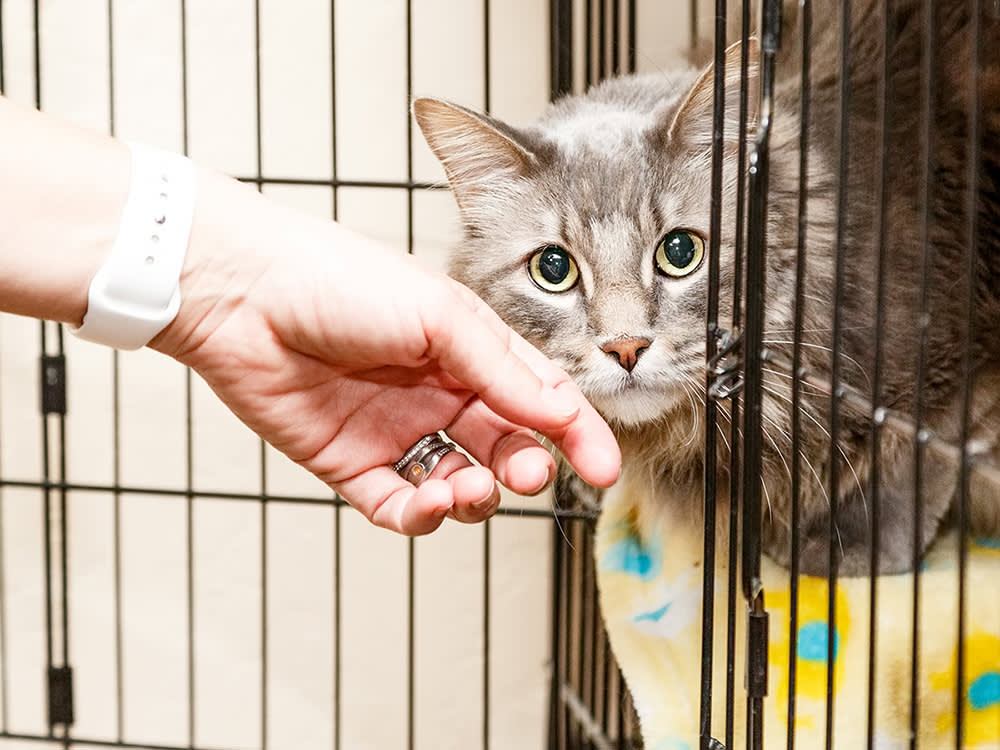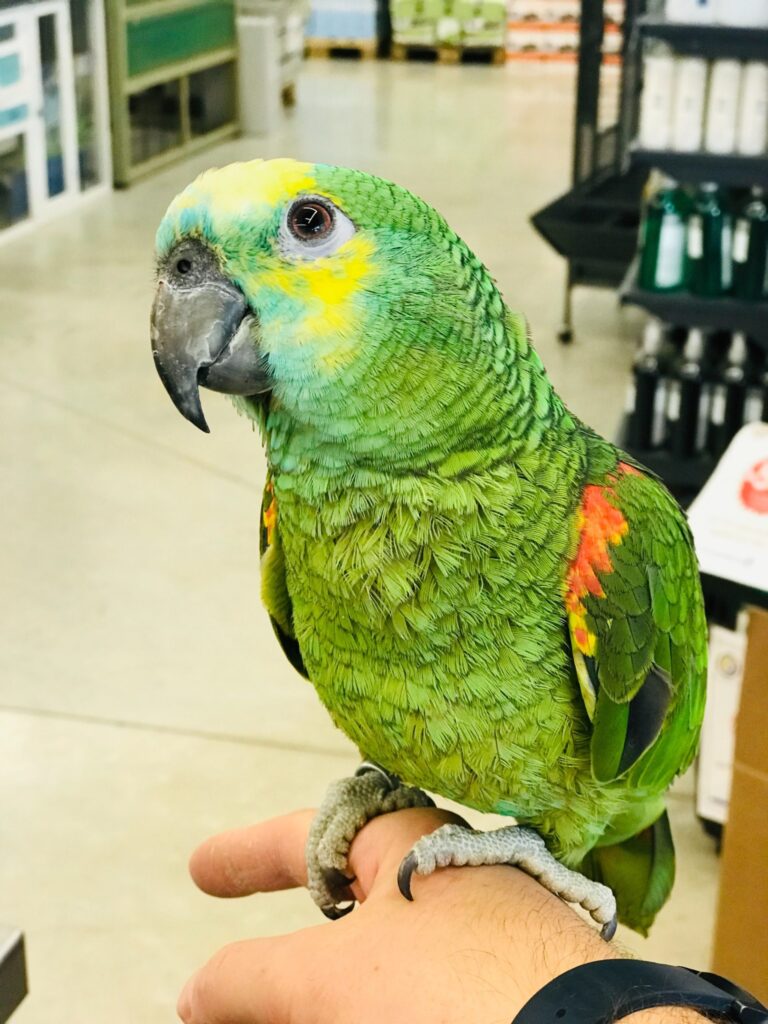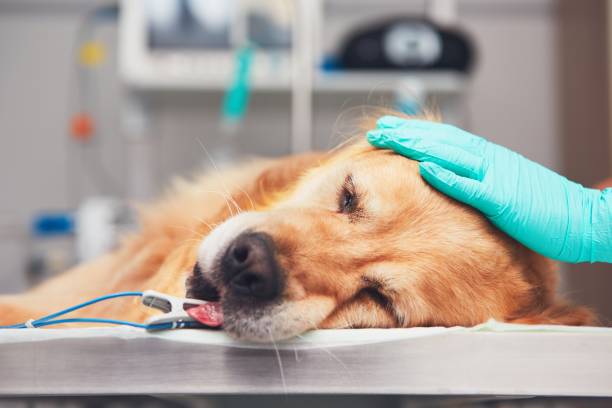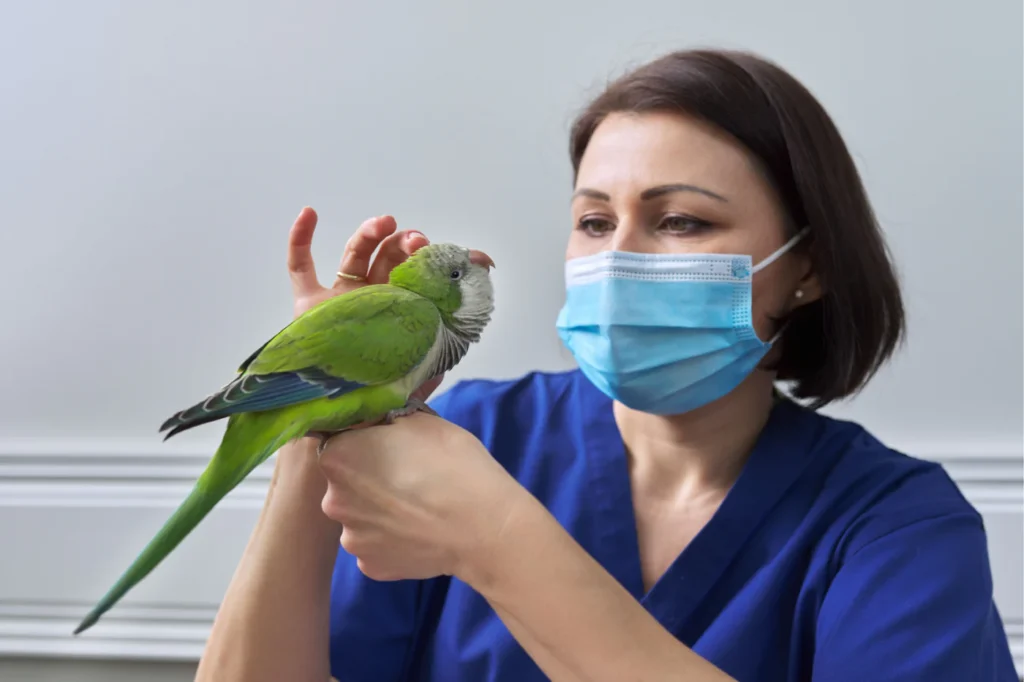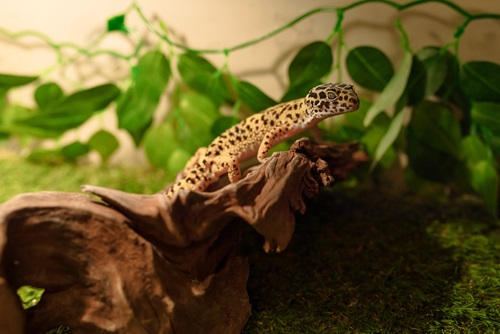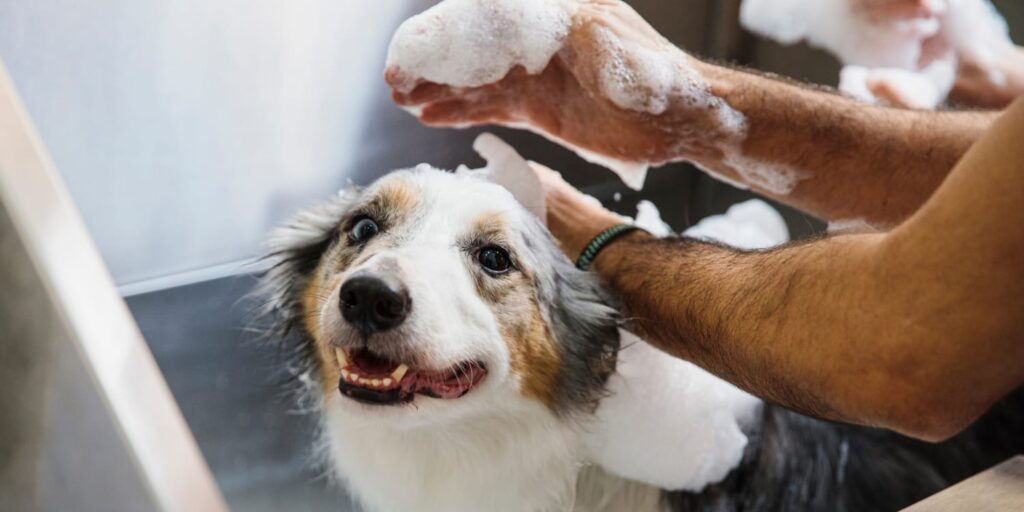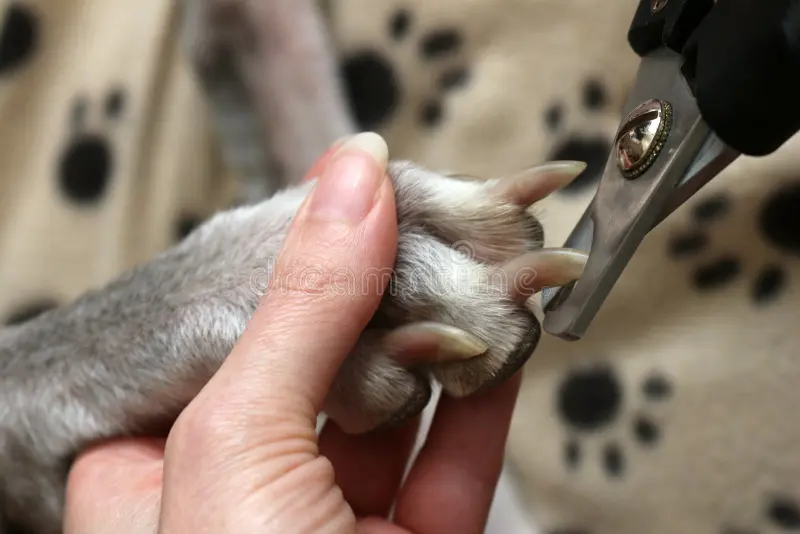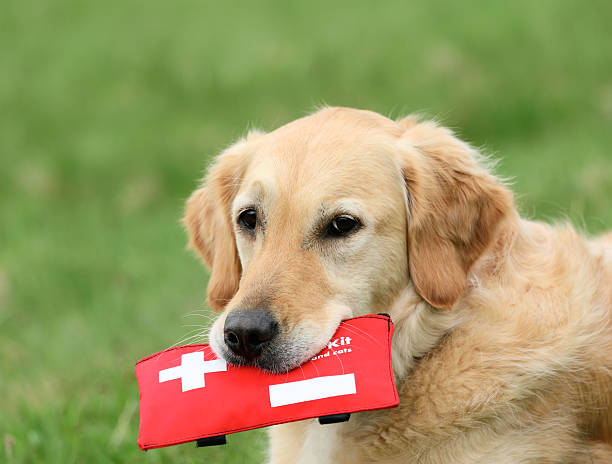Caring for a Disabled Pet
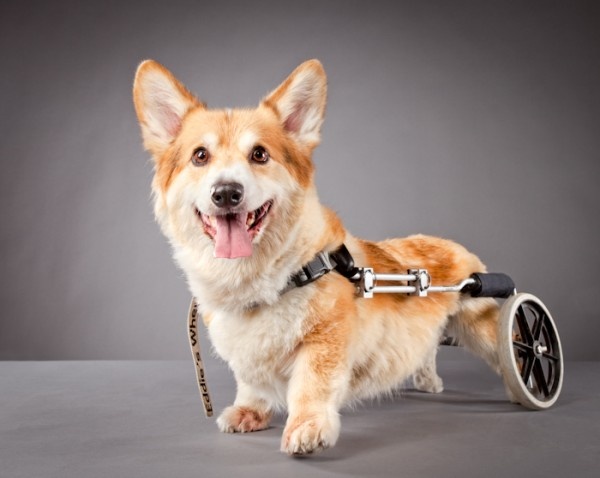
Caring for a disabled pet requires patience, dedication, and compassion, but the rewards are immeasurable.
In this article, we will explore how to provide love and support for pets with mobility challenges, helping them lead fulfilling lives despite their disabilities.
Understanding Disabilities in Pets
Causes of Disabilities
Disabilities in pets can result from various factors, including congenital conditions, injuries, degenerative diseases, and age-related issues. Some pets are born with disabilities, while others may develop them later in life due to accidents or health conditions.
Congenital Conditions
Some pets are born with disabilities due to genetic abnormalities or developmental issues that occur during gestation. These conditions may include congenital limb deformities, neurological disorders, or sensory impairments.
Traumatic Injuries
Accidents, falls, or trauma can result in injuries that cause disabilities in pets. These injuries may include fractures, spinal cord injuries, soft tissue damage, or traumatic brain injuries, depending on the nature and severity of the trauma.
Degenerative Diseases
Degenerative diseases, such as arthritis, hip dysplasia, or degenerative disc disease, can lead to progressive deterioration of joints, bones, or connective tissues, resulting in mobility impairments and chronic pain.
Neurological Disorders
Neurological conditions affecting the brain, spinal cord, or peripheral nerves can cause a range of disabilities in pets, including seizures, paralysis, coordination problems, or changes in behavior. These disorders may be congenital, acquired, or degenerative in nature.
Infectious Diseases
Some infectious diseases, such as distemper, feline leukemia virus (FeLV), or canine parvovirus, can cause neurological damage, organ dysfunction, or other health complications that may result in disabilities if left untreated or if complications arise.
Genetic Predisposition
Certain breeds of dogs and cats may be predisposed to inherited conditions or genetic disorders that increase their risk of developing disabilities.
These conditions may include breed-specific health issues such as progressive retinal atrophy (PRA) in certain dog breeds or polycystic kidney disease (PKD) in certain cat breeds.
Age-related Changes
As pets age, they may experience age-related changes that can lead to disabilities, such as diminished sensory function, cognitive decline, or musculoskeletal degeneration.
Conditions such as osteoarthritis, cognitive dysfunction syndrome (CDS), or hearing and vision loss are more common in senior pets.
Environmental Factors
Environmental factors, such as exposure to toxins, pollutants, or infectious agents, can contribute to the development of disabilities in pets. Prolonged exposure to environmental hazards may increase the risk of health problems or impairments over time.
Types of Disabilities
Mobility Impairments
Mobility disabilities can affect pets’ ability to walk, run, or move freely. This may include conditions such as paralysis, limb deformities, arthritis, or spinal injuries. Mobility aids such as wheelchairs, carts, or orthopedic devices can help pets regain mobility and lead active lives.
Visual Impairments
Visual disabilities can range from partial to complete blindness and may result from conditions such as cataracts, glaucoma, or retinal degeneration.
While pets with visual impairments may face challenges navigating their environment, they can often adapt well with support from their owners and may rely on their other senses to compensate.
Hearing Impairments
Hearing disabilities, including partial or complete deafness, can affect pets’ ability to respond to auditory cues or communicate with their owners.
Pets with hearing impairments may require alternative methods of communication, such as hand signals or visual cues, to facilitate interaction and training.
Neurological Disorders
Neurological disabilities encompass a wide range of conditions affecting the nervous system, including epilepsy, brain tumors, or degenerative disorders.
These conditions can cause seizures, tremors, or changes in behavior and may require ongoing medical management and supportive care.
Chronic Health Conditions
Chronic health conditions such as diabetes, kidney disease, or heart disease can significantly impact pets’ health and quality of life.
While these conditions may not always result in visible disabilities, they often require lifelong management, including medication, dietary modifications, and regular veterinary monitoring.
Developmental Disabilities
Developmental disabilities may arise from congenital abnormalities or genetic conditions and can affect pets’ physical or cognitive development.
These disabilities may manifest as delayed growth, musculoskeletal abnormalities, or cognitive impairments, requiring specialized care and support from veterinarians and owners.
Behavioral Disorders
Behavioral disabilities encompass a range of conditions affecting pets’ emotional and psychological well-being, such as anxiety disorders, compulsive behaviors, or aggression.
These conditions may result from environmental stressors, traumatic experiences, or underlying medical issues and often require behavior modification techniques, medication, or therapy to manage effectively.
Creating a Supportive Environment to improve Caring for a Disabled Pet
Adapting Your Home
Make adjustments to your home to accommodate your disabled pet’s needs, such as providing easy access to food, water, and litter boxes, using ramps or steps for elevation changes, and removing obstacles or hazards that could pose a risk to your pet’s safety.
Mobility Aids and Assistive Devices
Explore various mobility aids and assistive devices to help your disabled pet navigate their environment more easily.
Wheelchairs, harnesses, slings, and orthopedic beds can provide support and stability, allowing your pet to move around comfortably and independently.
Caring For A Disabled Pet Through Physical Therapy and Rehabilitation
Benefits of Physical Therapy
Physical therapy can play a crucial role in improving mobility, strength, and flexibility in disabled pets.
Under the guidance of a veterinarian or certified rehabilitation therapist, tailored exercise programs and therapeutic techniques can help your pet regain function and mobility.
Exercises for Disabled Pets
Engage your disabled pet in gentle exercises and activities to promote muscle tone, joint flexibility, and overall well-being.
Range-of-motion exercises, swimming, and balance exercises can help maintain mobility and prevent muscle atrophy in affected limbs.
Caring for a Disabled Pet Through Emotional Support and Bonding
Building Trust and Confidence
Provide your disabled pet with plenty of love, patience, and reassurance as they adapt to their new circumstances.
Encourage positive experiences, celebrate their achievements, and be there to support them through any challenges they may face.
Maintaining Mental Stimulation
Keep your disabled pet mentally stimulated and engaged with interactive toys, puzzle feeders, and enrichment activities.
Regular playtime, training sessions, and social interactions with family members and other pets can help prevent boredom and depression.
Caring for a Disabled Pet through Nutrition and Specialized Care
Balanced Diet and Weight Management
Caring for a disabled Pet also involves feeding your disabled pet a balanced diet tailored to their specific needs, taking into account their age, size, activity level, and health condition.
Maintain a healthy weight to reduce strain on their joints and prevent obesity-related complications.
Medical Management of Disabilities
Work closely with your veterinarian to manage any underlying health conditions contributing to your pet’s disability.
Follow their treatment recommendations, administer medications as prescribed, and attend regular check-ups to monitor your pet’s progress and adjust their care plan as needed.
Conclusion on Caring for a Disabled Pet
Pets can experience a wide range of disabilities, such as paralysis, limb deformities, loss of vision or hearing, arthritis, and neurological disorders.
Each disability presents its own set of challenges, but with proper care and support, many pets can adapt and thrive.
By creating a supportive environment, providing physical therapy and rehabilitation, offering emotional support and bonding, and ensuring proper nutrition and specialized care, you can help your disabled pet live a happy, fulfilling life.





